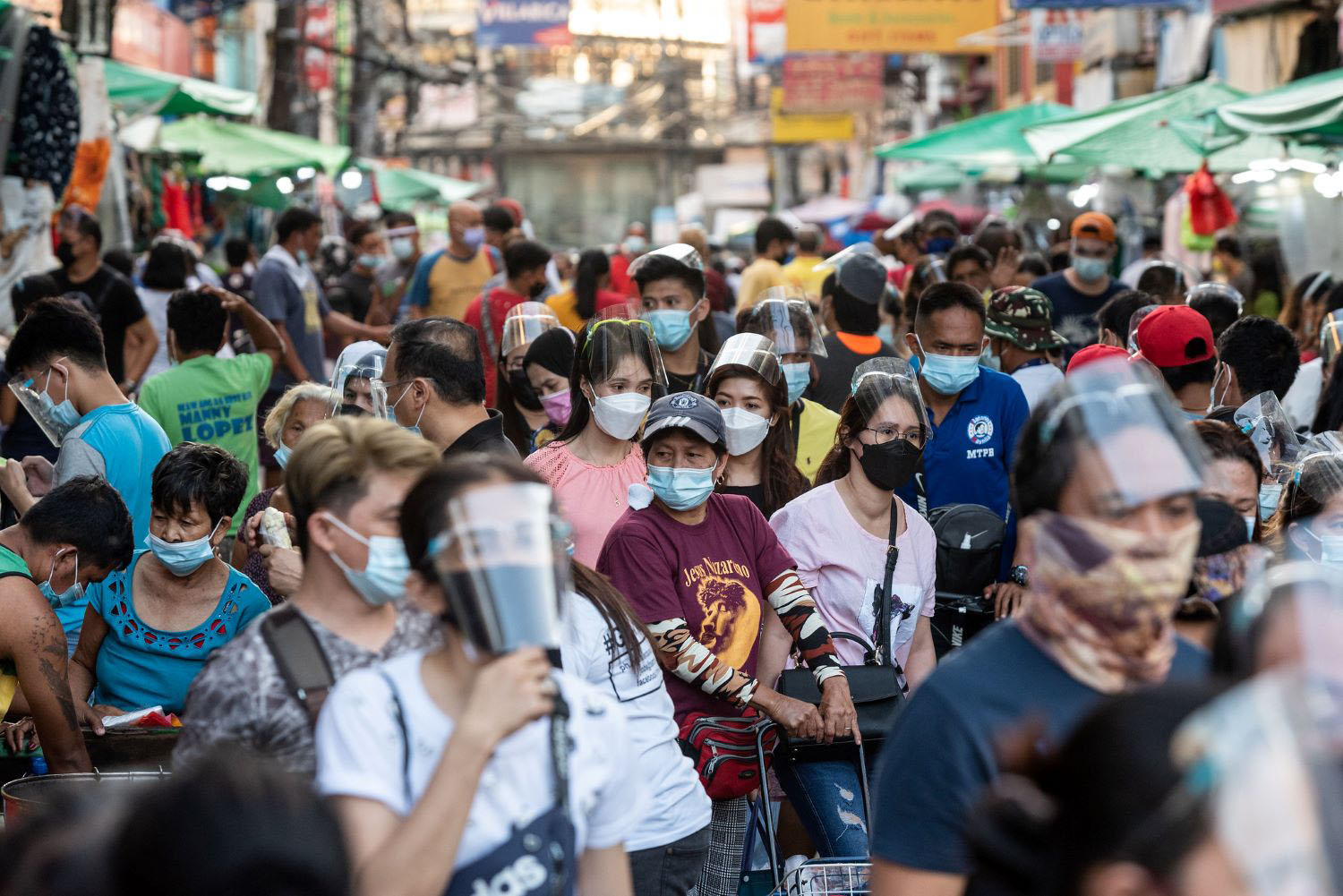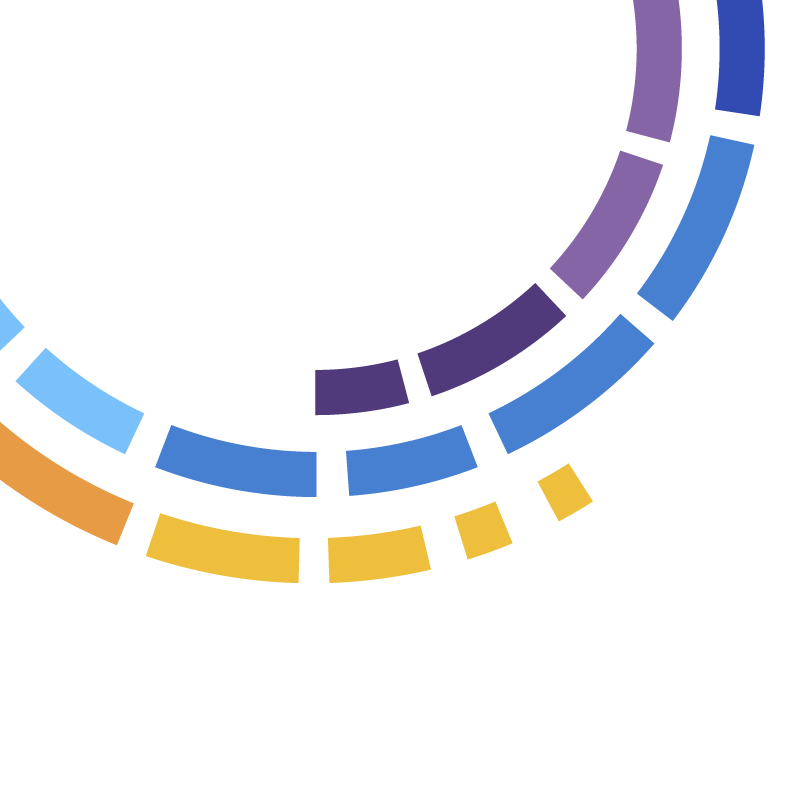Ideas to action: independent research for global prosperity
Research
Innovative, independent, peer-reviewed. Explore the latest economic research and policy proposals from CGD’s global development experts.
WORKING PAPERS
April 11, 2024
POLICY PAPERS
April 15, 2024
CGD NOTES
April 08, 2024
WORKING PAPERS
April 04, 2024
All Research
Filters:
Experts
Facet Toggle
Topics
Facet Toggle
Publication Type
Facet Toggle
Time Frame
Facet Toggle
Research
REPORTS
December 15, 2015
Founded in 2002, the Global Fund to Fight AIDS, Tuberculosis and Malaria (the Global Fund) is one of the world’s largest multilateral health funders, disbursing $3–$4 billion a year across 100-plus countries. Many of these countries rely on Global Fund monies to finance their respective ...
POLICY PAPERS
June 19, 2015
The total scale of incremental investment requirements in infrastructure in developing countries has been estimated at around USD 1 trillion a year, with a range of related studies suggesting numbers between $815 billion to $1.3 trillion. While all such numbers are open to considerable debate, and w...







